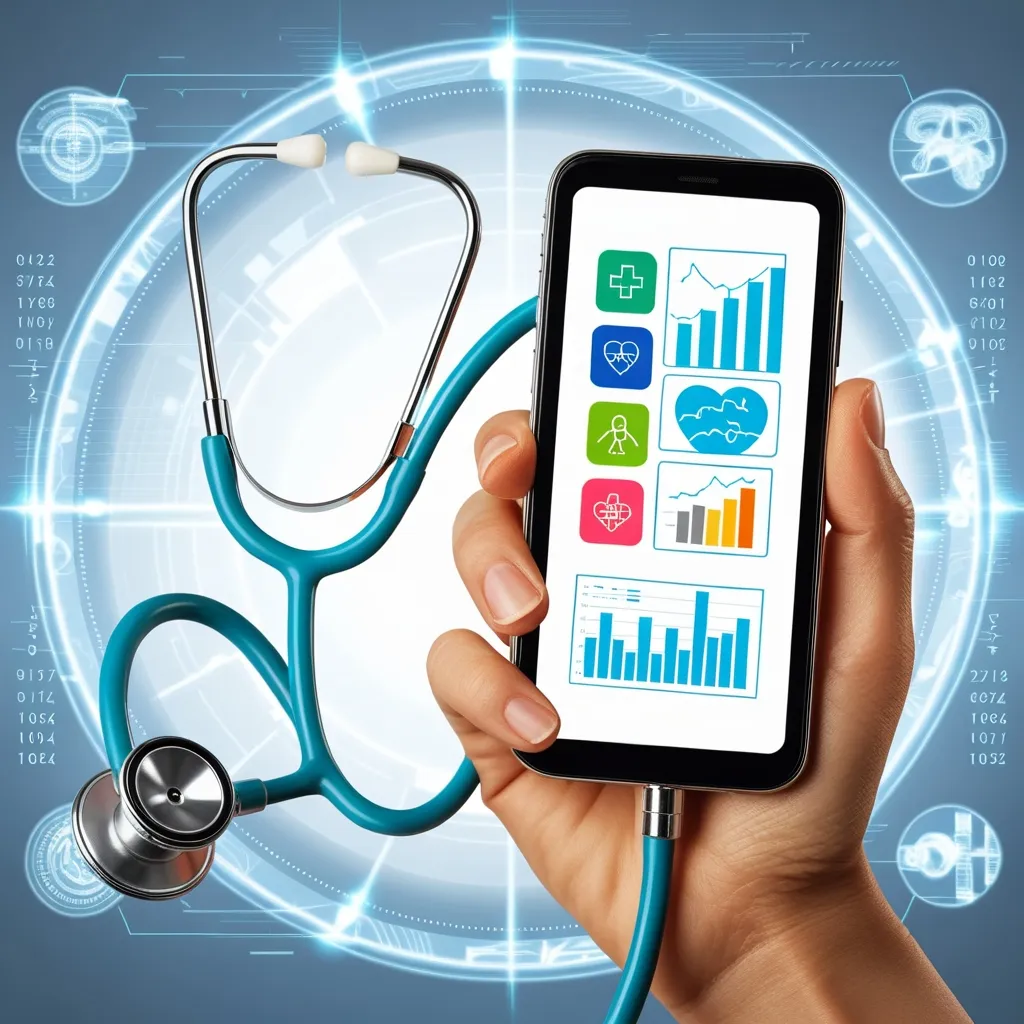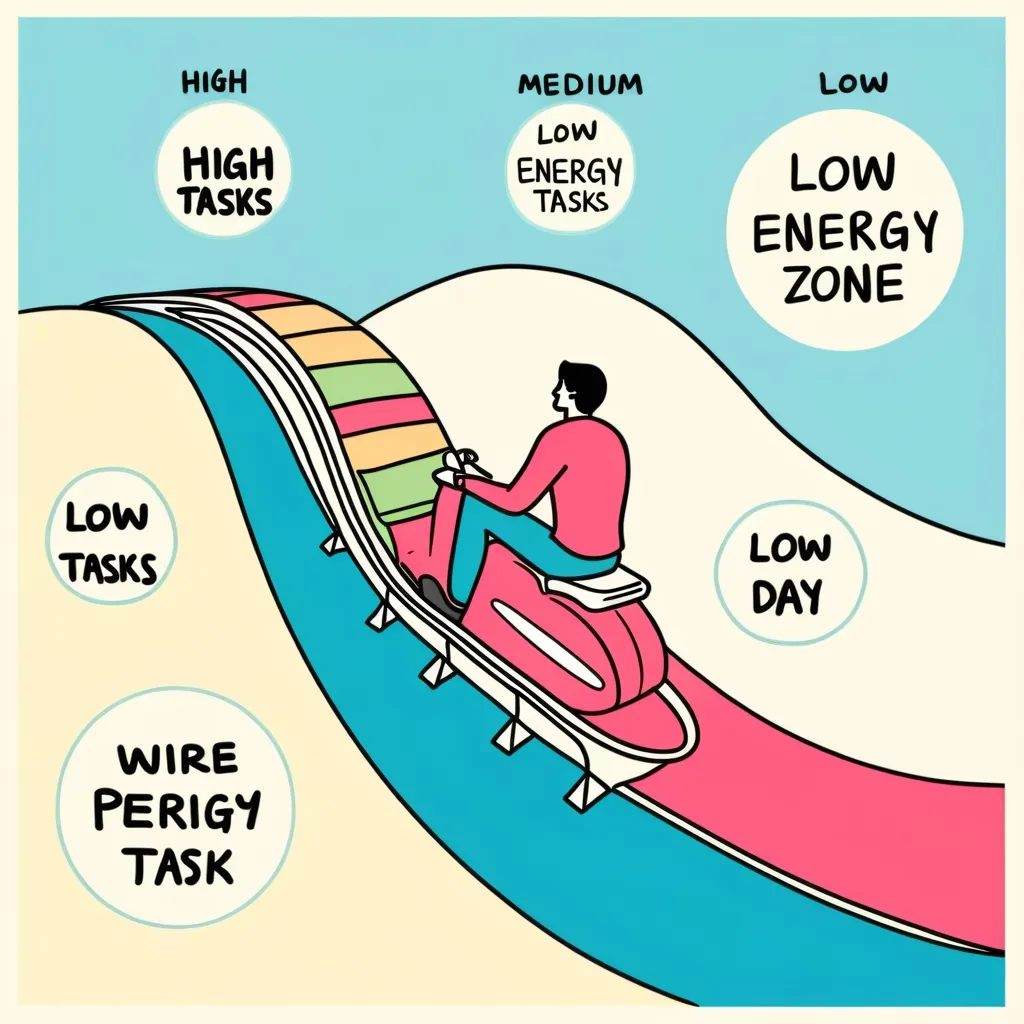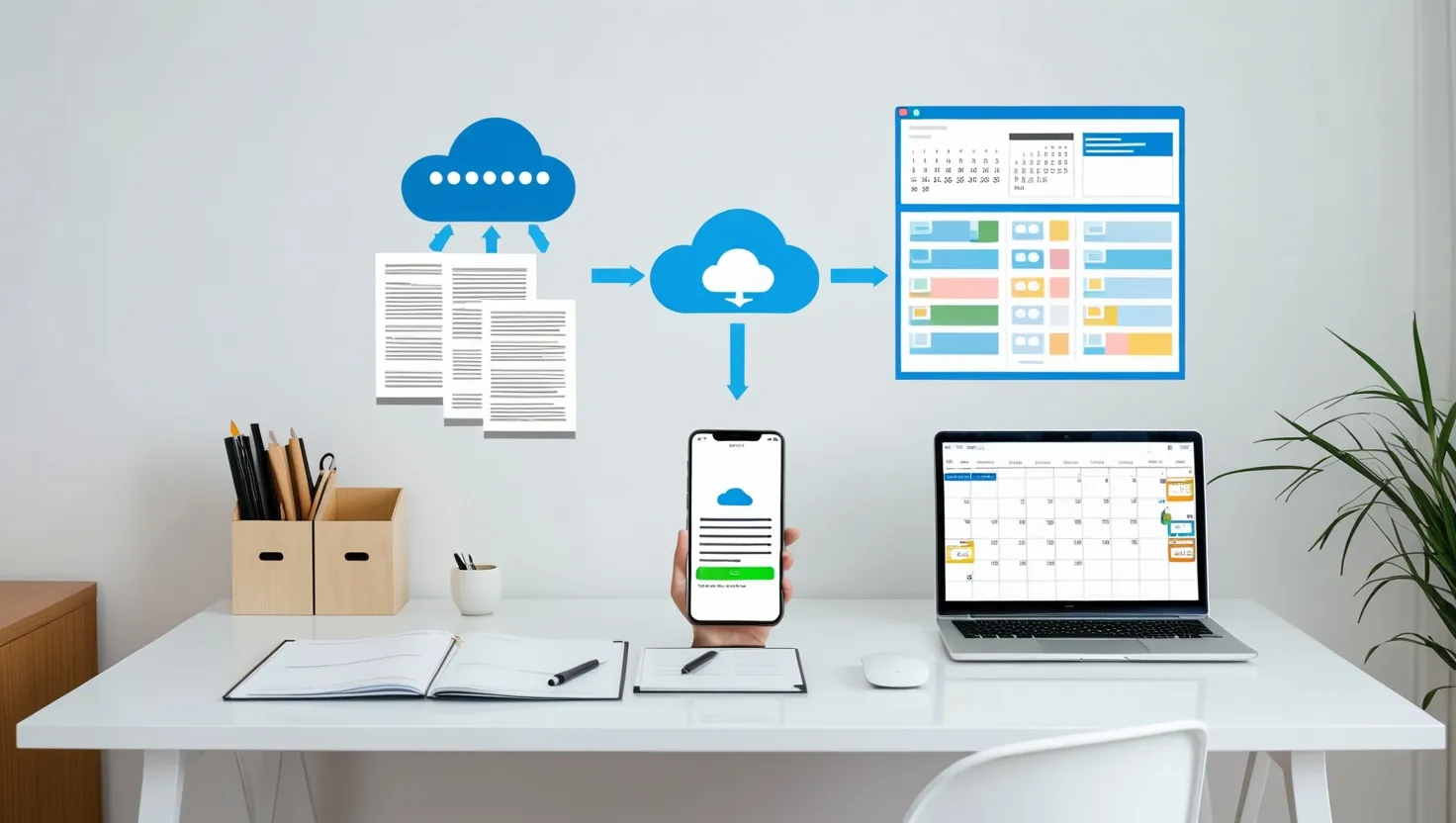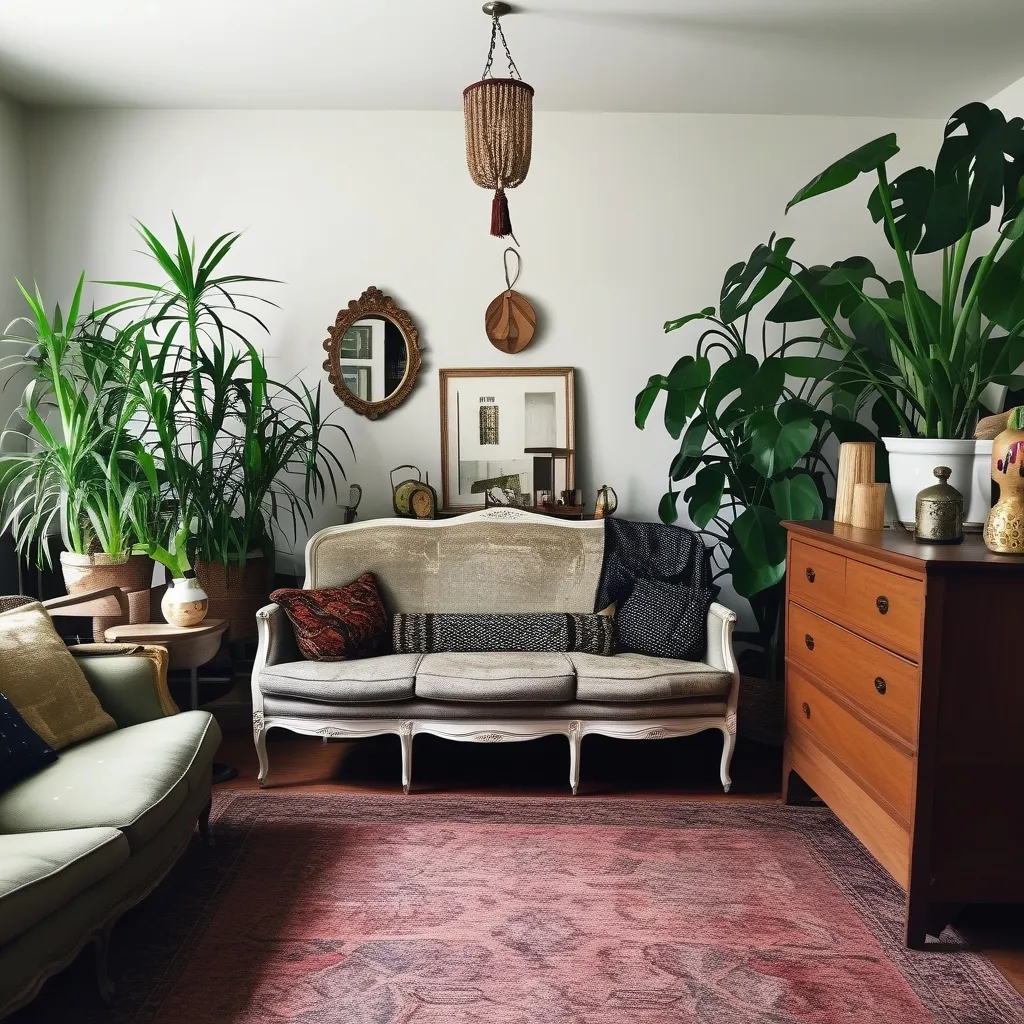The Rise of Digital Health Apps: A Game-Changer in Healthcare
We’re living in an era where our smartphones can do just about anything, including managing our health. It’s pretty wild when you think about it. With over 350,000 health apps out there and 250 new ones popping up daily, it’s like having a mini doctor in your pocket.
These apps are doing some pretty cool stuff. They’re helping us keep tabs on what we eat, how much we move, and even how well we’re sleeping. It’s like having a personal health coach that never takes a day off.
Take Fitbit, for example. This little gadget and its app have turned couch potatoes into step-counting enthusiasts. It’s got people checking their heart rates and calories burned like they’re checking the weather forecast. It’s pretty amazing how a tiny device on your wrist can motivate you to take the stairs instead of the elevator.
But it’s not just about fitness. These apps are revolutionizing how we interact with healthcare professionals. Remember the days when you had to wait weeks for a doctor’s appointment? Well, those days are becoming a thing of the past. Apps like ZocDoc and Amwell are letting us book appointments and chat with doctors from our living rooms. It’s like having a doctor’s office that’s open 24/7.
And get this - a study in the UK found that these telehealth apps could reduce the strain on general practitioners by a whopping 73%. That’s huge! It means shorter wait times and more accessible healthcare for everyone, especially folks in remote areas who might struggle to get to a doctor’s office.
But here’s where it gets really interesting. These apps aren’t just making our lives more convenient; they’re actually improving health outcomes. Apps focused on chronic conditions like diabetes, heart disease, and mental health are making a real difference. They’re helping people stay on top of their meds, follow personalized health programs, and even connect with others for support.
I’ve got a buddy who’s been using a diabetes management app, and it’s been a game-changer for her. She can track her blood sugar levels and send the results straight to her doctor. No more lugging around a logbook or trying to remember her readings from last week. It’s all right there in the app. Plus, she’s cut down on hospital visits, which is a big win in my book.
Now, you might be thinking, “Sounds great, but what about the cost?” Well, here’s some good news. These apps have the potential to save us all a ton of money. In the US, it’s estimated that increased use of virtual health for primary care could save up to $10 billion. That’s billion with a B! And it’s not just healthcare systems that are saving money. Employers who’ve jumped on the digital health bandwagon are seeing improved productivity and significant cost savings too.
But let’s be real for a second. These apps aren’t perfect. They’ve got their fair share of challenges. A lot of them struggle with technical issues, especially when it comes to privacy and data security. And let’s face it, not all health apps are created equal. Some of them are about as useful as a chocolate teapot.
There was this study that looked at oncology apps using something called the Digital Health Scorecard framework. The results weren’t great. These apps only scored 49.4% across all evaluation criteria. That’s like getting an F on your report card. It just goes to show that we need to be picky about which apps we use and trust with our health information.
And then there’s the whole user experience thing. Some apps are as easy to use as your favorite social media platform, while others feel like you need a degree in rocket science to figure them out. The Medisafe app is a good example of one that gets it right. It turns your phone into a virtual pillbox, sending you reminders so you don’t forget to take your meds. It’s simple, effective, and actually helpful.
But not all apps hit the mark. Some might look pretty, but when it comes to actually being useful, they fall short. It’s like having a sports car that looks amazing but breaks down every time you try to drive it.
So, what’s next for digital health apps? Well, the future looks pretty exciting. We’re likely to see more standardized approaches to app development and validation. This means we’ll hopefully end up with apps that are not only easy to use but also backed by solid science.
There’s also a push to integrate these apps more seamlessly with existing healthcare systems. Imagine having all your health info in one place, accessible to you and your doctor. Apps like Healow and MyChart are already doing this, making it easier for patients and doctors to communicate and make informed decisions about health care.
During the pandemic, we saw just how valuable these apps can be. Telemedicine apps allowed people to get medical care without risking exposure to the virus. It was a lifesaver for many, especially those with chronic conditions who needed regular check-ups.
But here’s the thing - for these apps to really make a difference, they need to strike a balance. They need to be user-friendly enough that your tech-phobic grandma can use them, but also robust enough to provide real, actionable health insights. And of course, they need to play nice with existing healthcare systems.
It’s like trying to bake the perfect cake. You need just the right mix of ingredients - in this case, technology, clinical expertise, and user-centered design. Get the recipe right, and we could see a real revolution in how we manage our health.
So, are digital health apps helping or hurting our efficiency? Well, like most things in life, it’s not a simple yes or no answer. These apps have the potential to be incredibly helpful, making healthcare more accessible, affordable, and personalized. But they’re not a magic bullet. They come with their own set of challenges and limitations.
The key is to approach these apps with a healthy dose of skepticism and common sense. Don’t rely on them as your only source of health information or care. Use them as a tool to supplement, not replace, traditional healthcare. And always, always do your research before trusting an app with your health data.
In the end, digital health apps are like any other tool - their value depends on how we use them. Used wisely, they can be a powerful ally in our quest for better health. But they’re not a substitute for good old-fashioned healthy habits and regular check-ups with your doctor.
As we move forward in this digital health revolution, it’s exciting to think about what the future might hold. Will we see apps that can diagnose diseases just by analyzing our voice? Or wearables that can predict a heart attack before it happens? Only time will tell.
One thing’s for sure - the world of digital health is evolving rapidly, and it’s an exciting time to be alive. As long as we approach these technologies with a mix of enthusiasm and caution, we stand to gain a lot. Here’s to a future where managing our health is as easy as checking our email - but hopefully a lot more fun!






